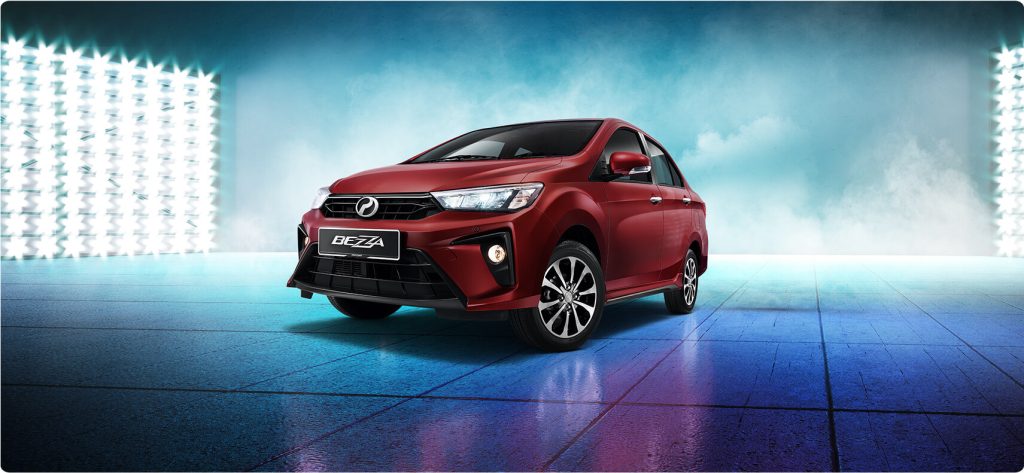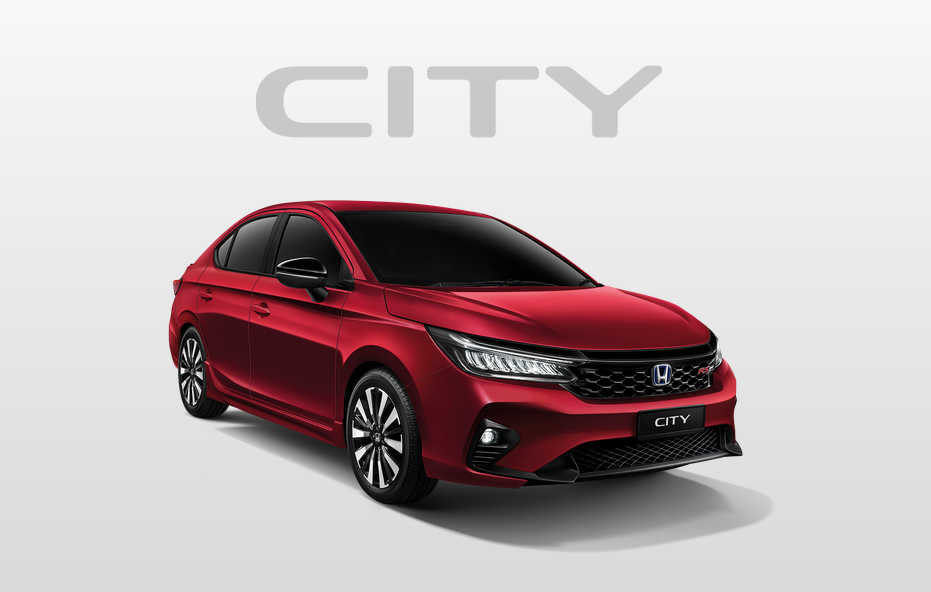Buying Your First Car
Some will say buying a new car is more reliable, while others argue that a used car offers better value. For instance, with RM40K, you could buy a new Perodua Bezza or a used Japanese brand like Honda or Toyota. What factors should you consider? Today, we explore this decision from a financial perspective.


Let’s start with Buying New Car
Pros:
- Warranty and Maintenance: New cars come with manufacturer warranties that cover major repairs and services for a specified period or mileage, reducing maintenance costs. Some even offer free maintenance for the first 3 to 5 years.
- Financing: New cars generally qualify for better interest rates from banks. Additionally, you can get a larger financing margin; sometimes, promotions offer 100% loan financing, meaning you don’t need to pay a down payment.
- Number Plate: If you’re particular about getting a specific number plate, buying a new car is less hassle. You can bid for your favorite number directly from JPJ, saving on runner fees.
Cons:
- Depreciation: New cars lose value quickly, with significant depreciation occurring as soon as they are driven off the lot.
- Insurance: Higher car value means higher insurance premiums. Additionally, if this is your first car, you won’t benefit from the No Claim Discount (NCD), which reduces insurance costs over time if no claims are made.
- Price: You pay a premium for the fresh new car smell, and most local and Japanese brands even come with the plastic wrappers intact.
What about a used car option?
Pros:
- Lower Cost: Used cars are significantly cheaper than new cars, providing better value for money. Buying directly from an owner, especially someone you know, can be even cheaper as it eliminates the intermediary profit element and offers a trustworthy history.
- Lower Insurance Premium: Insurance costs for used cars are generally lower due to the car’s reduced market value. Many people start with a used car for 4-5 years to build up the No Claim Discount (NCD) before moving on to a new car.
- Less Heartache: If you scratch your car, hit a car park wall, or damage the bumper, it feels less painful compared to damaging a new car. This is especially important for new drivers who are more likely to have minor accidents.
Cons:
- Limited Selection: Buyers may have to compromise on features, color, and specifications. It may take longer to find the right used car.
- Risk of Hidden Issues: Used cars might have hidden mechanical problems or history issues such as accidents or flood damage. It’s important to buy from a reliable seller. Platforms like Carsome provide warranties and assurances against issues like meter rigging.
- Lower Fuel Efficiency: Older models may not be as fuel-efficient as newer cars, leading to higher long-term fuel costs.
- Financing: Used cars generally get lower financing margins and higher interest rates. Banks also assess the value of the car; for example, you might be purchasing a car for RM50,000, but the bank might value it at only RM40,000.
Information on NCD rates
NCD rates for private cars, motorcycles, and commercial vehicles are as follows:
| No-Claim Period | Private Car | Motorcycle | Commercial Vehicle |
| 1st year | 0% | 0% | 0% |
| 2nd year | 25% | 15% | 15% |
| 3rd year | 30% | 20% | 20% |
| 4th year | 38.33% | 25% | 25% |
| 5th year | 45% | 25% | 25% |
| 6th year onwards | 55% | 25% | 25% |
